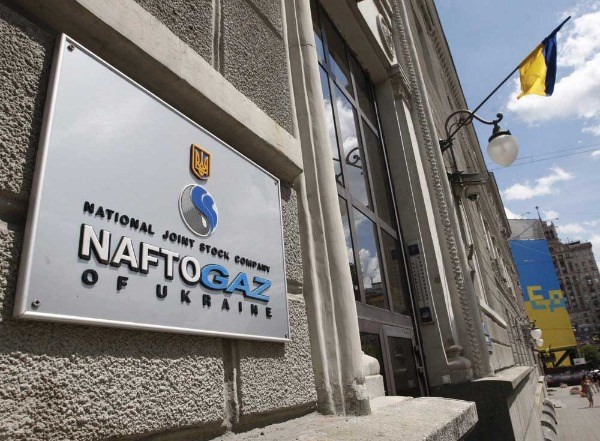Ukraine's Naftogaz: Nord Stream 2 can still be stopped
The construction of the Nord Stream 2 gas pipeline, which would be used to transit Russian gas to Europe in circumvention of Ukraine, can still be stopped, Naftogaz commercial director Yuriy Vitrenko told Deutsche Welle.
According to him, the position of Denmark, whose government has not yet given authorization for the pipeline to be laid through its territorial waters and exclusive economic zone, could be a serious obstacle for Gazprom. According to the existing plan, Nord Stream 2 is supposed to pass through those waters for 139 km, passing south around the Danish island of Bornholm. However, the Danes’ refusal would not be the end of the project. If necessary, the pipeline could turn north, circumventing Bornholm from the other side, without entering Denmark’s territorial waters. In May 2018, a Nord Stream 2 AG representative told the Danish newspaper Jyllands-Postens that this would lengthen the pipe’s route by 50 km.
For this reason, Vitrenko’s main hopes are tied to Germany changing its stance. According to him, the German authorities need to understand that if the new gas pipeline is brought online, it will result in a decrease in the transit of Russian gas through Ukraine, something which German Chancellor Angela Merkel spoke against.
“To be logical, in such a situation the German party should say: ‘We said publicly that a solution concerning Ukrainian transit must be found. It has not been found. Until then, until it is found, we are accordingly opposed to Nord Stream 2.’ We have such a hope,” Vitrenko said.
The commercial director of Naftogaz also observed that Germany’s position is already changing, since German politicians are beginning to comprehend the real danger which Nord Stream 2 poses to Germany and the whole of Europe.
Vitrenko is particularly hopeful that the US will intervene, assessing Nord Stream 2 as a politically motivated project intended to divide and destroy the EU.
“Beyond that, it’s just a matter of when this translates into some kind of action. Plus, we also see the initiative of US Congress which is aimed at automatic sanctions being introduced against Nord Stream 2. We also hope for this,” Vitrenko explained.
One possible way to ensure the transit of Russian gas through Ukraine after the completion of Nord Stream 2 would for European companies to enter a capital consortium created to administer Ukraine’s gas transport system. In such a case, Europeans themselves would suffer financially if Gazprom refused to continue transit through Ukraine, Vitrenko noted. “This would be a peculiar guarantee,” the commercial director added.
Vitrenko estimated Ukraine’s losses in the event of a complete cessation of Russian gas transit at $3 billion per year, roughly 3% of the country’s GDP. The same figure was cited by Ukrainian President Petro Poroshenko, who said that Russia’s whole idea with Nord Stream 2 is to deprive Ukraine of this $3 billion, leaving the country without funds to reinforce its defensive capabilities.
“$3 billion is the amount currently spent on all of Ukraine’s defense. Do you understand why it is being built? Not to diversify for economic reasons, but to leave Ukraine without money to finance our defense,” Poroshenko said in June 2018.
The construction of the Nord Stream 2 gas pipeline is expected to be completed by the end of 2019. The 1220-km pipeline will run along the bottom of the Baltic Sea from the Russian coast to the coast of Germany. The capacity of each of the two lines is 27.5 billion cubic meters per year.
The new gas pipeline will double the capacity of the first Nord Stream, the route of which it will basically repeat.
